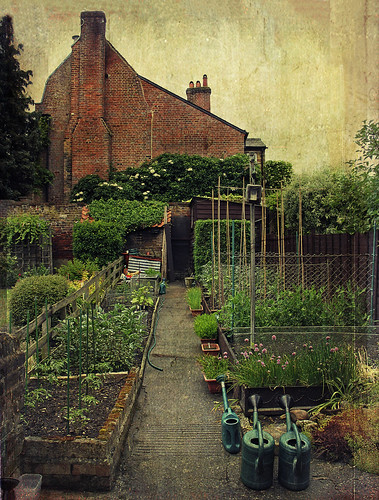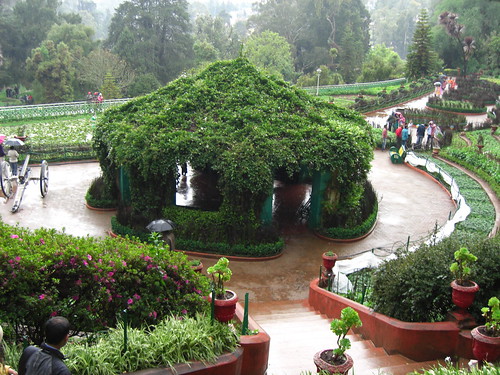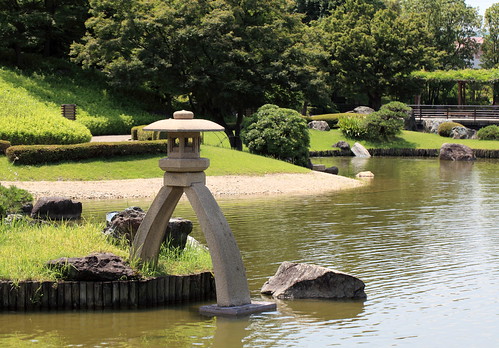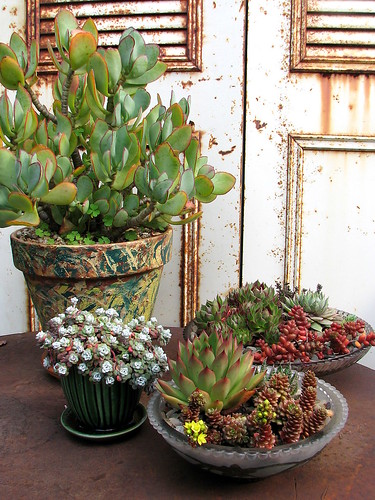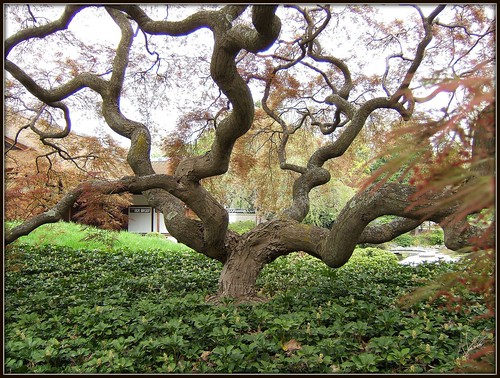You have finally understood how an organic garden could save you money on groceries. What great timing. The tips below can help you begin your organic garden.
Slowly acclimatize your plants to the outside environment to keep from shocking them. Place them outside in the sunlight for an hour or two on the first day. After a week, leave your plants outside for twice as long. After a few more days, your plants will be more resistant and ready to stay outside all the time.
Use biennials and annuals to add color to your flower beds. Annuals and biennials that grow quickly can really wake up your flower beds, and they allow you to have a new garden look every season or every year, if you choose to. Sunny areas in the middle of shrubs and perennials can be filled in nicely with these plants. Some plants to get you started include petunia, marigold, sunflower, rudbekcia, and cosmos.
For the best results, select the right kind of soil. The soil that is already in your garden might need amending, depending on the particular plants that you want to grow. For special requirements, you can build separate areas with soil that is right for certain plants.
A garden needs the right type of soil to grow properly. Soil analysis costs a little money, but the report can inform you how to enrich your soil and open the door to a lush garden. Save yourself the trouble of a failed crop by contacting your local Cooperative Extension to preform the soil test.
Plant Bulbs
Plant bulbs in your garden if you want flowers through spring and summer. Bulbs are usually very hearty and very easy to grow, and bulbs will grow year after year. Plant bulbs that will bloom at various intervals to ensure beautiful flowers are growing in your garden all year long.
Make sure to pre-soak seeds, preferably in a dark location. Place a couple of seeds in a tiny container, and fill it with water nearly to the top. This will allow your seeds to be hydrated and get a head start when growing. This way, the seeds you have planted will have some chance of growing.
A set of comfortable knee pads makes a great investment if your garden is full of plant material that stays low to the ground. Long hours spent in the garden will wreak havoc on your knees. Using a pair of quality knee pads designed for gardening can provide your knees with cushioning and support, preventing any discomfort.
To help young plants, try pouring boiling water on top of nearby weeds. Any vessel of boiling water that you can carry safely can be used as an organic herbicide. Pour boiling water on any weeds, but be careful not to spill it on plants you want to keep. This can cause enough damage to the roots of any plant to kill it.
Split up irises. You can increase your stock of irises by dividing up overgrown clumps. Lift the dead bulbous irises. The bulbs will split up naturally in your hand, and when replanted, will often flower the next year. Rhizomes may need to be divided by using a knife. New pieces should be cut from the outside, then the old center you want to discard. If done properly, each piece that remains for planting should have a minimum of one viable offshoot. Replant them immediately.
You should purchase a wheelbarrow, as well as a kneeling stool to help you garden. Get a portable stool if you want to garden comfortably without damaging your knees. There is also a lot of heavy lifting involved with horticulture, so a good wheelbarrow is a great tool to have around.
After reading these tips, you shouldn’t have many questions about organic horticulture. If you already knew about organic gardening, you should be an expert by now. The tips that were given should have provided you some advice that can help you get started with growing a beautiful organic garden.


